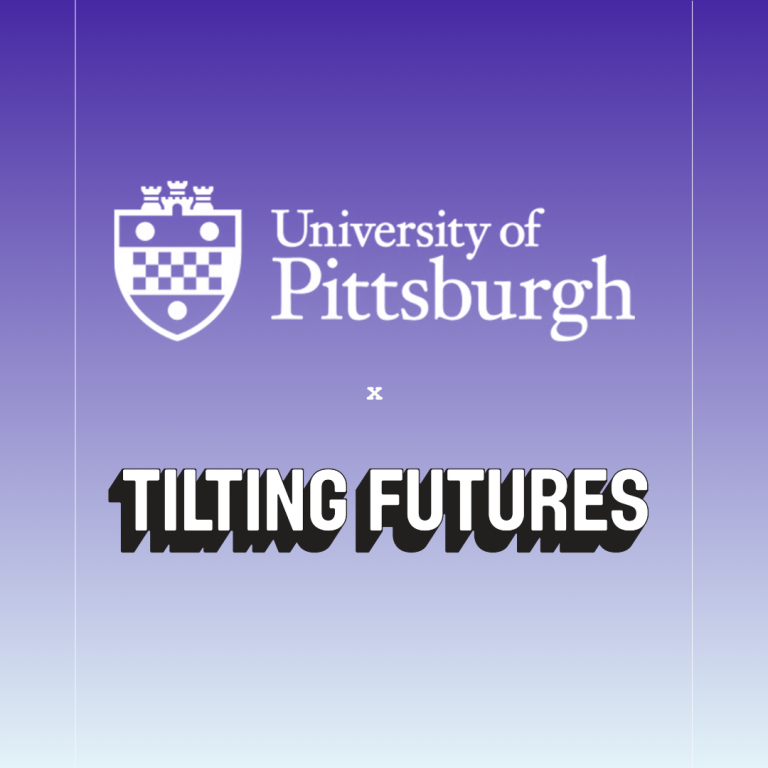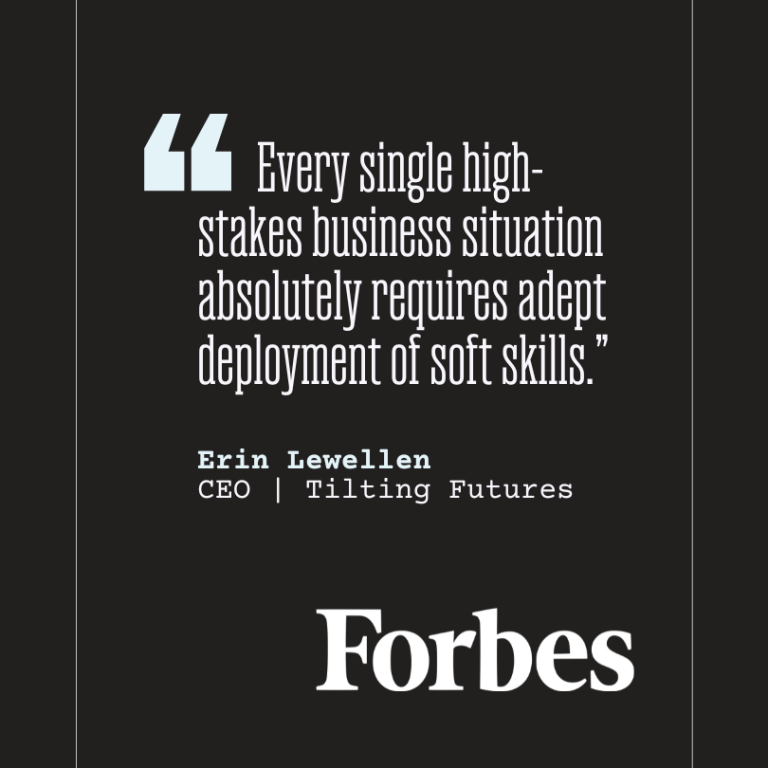What does it take to succeed in a work world that is volatile, uncertain, complex and ambiguous? How does a young person succeed as a citizen of an integrated global economy? While traditional, fundamental skills are still important, so are empathy, ease with ambiguity, resilience, grit, and global mindset. But how many high school graduates possess these skills?
Abby Falik describes her high school self as an “excellent sheep.” She remembers graduating from high school exhausted. “I had gotten into Stanford, which was very exciting, but I wasn’t super motivated to go,” she explains.
Abby looked for an opportunity for a year of service, similar to the Peace Corps, but she found none available to high school graduates. Abby went on to college, but by her second year of college, Abby found that she needed a break. She took a year off. She lived and worked in Latin America.
“Everything I have done since has been a response to how transformative that year was.”
Abby says she returned to college with confidence and a new sense of purpose. Upon graduation, Abby spent the next ten years apprenticing at various organizations, a period that she describes as a learning process. She found her way to Harvard Business School, which helped her solidify her plan for Global Citizen Year.



